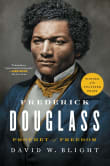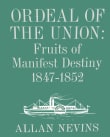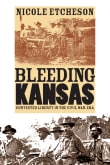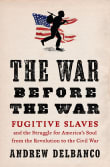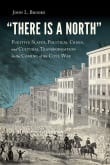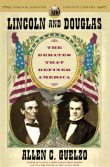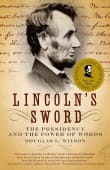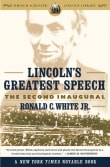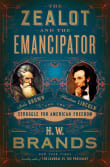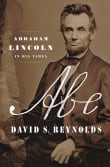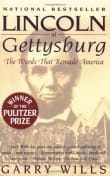The Fiery Trial
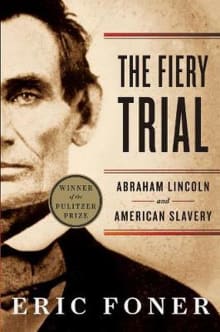
Book description
Selected as a Notable Book of the Year by the New York Times Book Review, this landmark work gives us a definitive account of Lincoln's lifelong engagement with the nation's critical issue: American slavery. A master historian, Eric Foner draws Lincoln and the broader history of the period into perfect…
Why read it?
4 authors picked The Fiery Trial as one of their favorite books. Why do they recommend it?

If you can read only one book on Lincoln, this is the one I would choose. In my opinion—as well as that of many professional historians—it is the best book ever written to examine why Lincoln waited two years after becoming president to issue the Emancipation Proclamation. In this brilliant and elegantly written book, a Pulitzer Prize historian argues, entirely convincingly, that the need to keep together his pro-union coalition required Lincon to proceed very cautiously.
To be sure, Foner writes that while Lincoln’s long-held anti-slavery convictions were not in doubt, he also initially shared the racist attitudes that black…
From Jerome's list on why it took so long for Lincoln to end slavery.

Eric Foner, the dean of US historians, has written many superb books. None surpasses The Fiery Trial. It’s been a pleasure to share projects and platforms with him. We both recognize how sincerely Lincoln believed slavery was a terrible wrong, but protecting it was a constitutional duty. The Civil War changed all that. His commitment to emancipation never wavered once he had made it a weapon of war. His racial prejudices, common among white people, melted in wartime. As black troops fought for the Union, he came to recognize their claims of citizenship. Foner’s definitive study puts Lincoln at…
From Richard's list on what made Abraham Lincoln a great president.

Historians and popular writers typically come either to praise or to bury Lincoln. The author of a seminal 1970 study of the political culture of the early Republican Party, Foner here examines Lincoln’s thoughts and actions as he grew from being a young free soiler—who held some unfortunately characteristic Midwestern attitudes toward race—into the far wiser president who advocated voting rights for black veterans in his final speech.
Lincoln’s defenders and detractors too often cherry pick his statements on civil rights, as if the Lincoln who debated Stephen Douglas was the same man who invited Frederick Douglass to his second…
From Douglas' list on Gilder-Lehrman Lincoln Prize winners.
If you love The Fiery Trial...

Perhaps the most fundamental fact about Lincoln is how very much he changed. Frederick Douglass recognized that the Lincoln of 1865 was committed to the abolition of slavery as the Lincoln of 1861 was not. Foner takes us through the development of a canny politician prepared to live with a practice he deplored to the candidate of a party committed to ending slavery's expansion to a President who fully plumbed the moral horror of America's founding sin.
From James' list on the run-up to the American Civil War.
If you love The Fiery Trial...
Want books like The Fiery Trial?
Our community of 12,000+ authors has personally recommended 100 books like The Fiery Trial.


